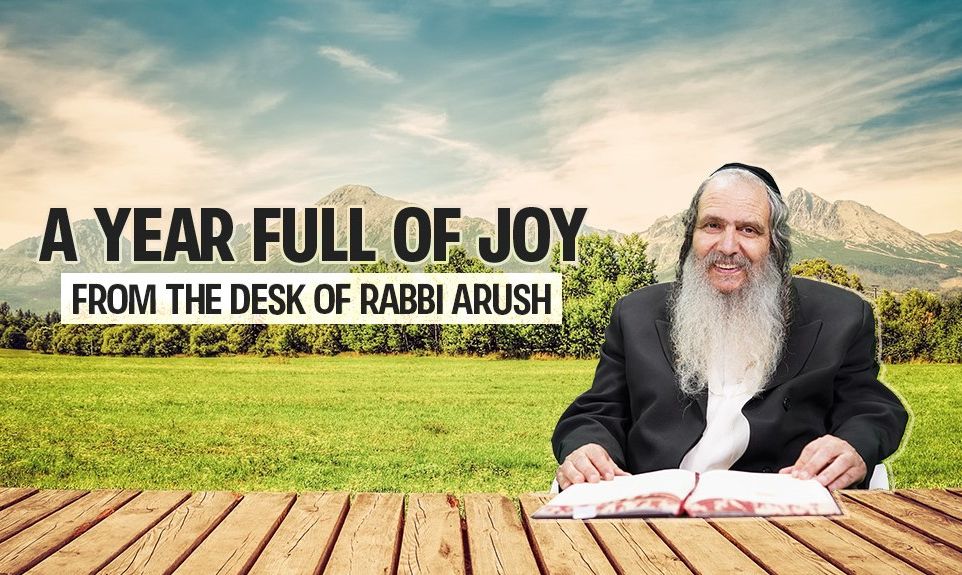
A Year Full of Joy
Rosh Hashanah is the Day of Judgment. In one moment, our fate for the next year is decided. Rabbi Arush explains how can one be happy on such a serious occasion.

Happy or Scared?
When you see one of the luminaries of the generation – a rabbi whose figure radiates his greatness – what happens to you? On the one hand, you feel a deep awe, a kind of holy fear of the tzaddik’s holiness; on the other hand, you feel great joy that you are having the merit of viewing his countenance.
That is how the tzaddikim related to Shabbat. Shabbat is a very holy day, in which one feels both yirah (fear of G-d) and simcha (joy). There were tzaddikim whose homes on Friday had the atmosphere of the day before Yom Kippur; and on the other hand, they experienced immense joy.
The big question was, where do you begin? From the yirah or from the simcha? What is the main way of serving Hashem – yirah or simcha?
Rabbi Nachman’s way in this matter was very clear: simcha. He once said to his disciple, Rabbi Natan: “Are you happy on Shabbat?” Rabbi Natan replied: “Sometimes I feel yirah. Rabbeinu then replied decisively: “That’s not so! The main thing is the simcha!” And then proceeded to speak to him at length about the greatness of joy on Shabbat.
After he finished his inspiring talk, he said to Rabbi Natan: “Now you’ll have yet another reason to be sad on Shabbat. I exhorted you so much to rejoice, and because of that you will be sad on Shabbat that you’re not rejoicing enough.”
Rabbi Nachman knew human nature – that sometimes the desire to be happy backfires and makes a person feel dejected. And Rabbi Natan tells us that Rabbeinu truly read his mind and that that was exactly what happened to him. When Rabbeinu expounded to him about joy, he started to be very concerned about how one becomes joyful on Shabbat…
But Rabbi Natan, who had already learned from Rabbeinu the ways of inspiring oneself, understood the solution immediately and said to Rabbeinu: “I want to be happy.” In other words, he was going to strengthen himself and be joyful over the very desire to be happy. Rabbi Nachman was very happy and enthusiastic about Rabbi Natan’s reply and encouraged the other people there and the other listeners to do as he said.
In other words, the way to be joyful is not to be worried about how to achieve joy, but simply to want to be joyful and to rejoice over the good desire in and of itself.
Only Happiness
We find, then, that Rabbi Nachman teaches us that our main mission is be joyful, to fight for it; and from this joy yirat Shamayim (fear of Heaven) and all the good traits will develop.
One can find a hint to this in the Gemara that speaks of the passuk “And rejoice in trembling” – “Where there is joy, there will trembling”. The Gemara doesn’t say “Where there is trembling there will be joy”, because the way it works is that first one is joyful and only then does the yirah come, not the other way around.
Rosh Hashanah, too, is a day that contains both simcha and yirah. Especially this year, when Rosh Hashanah comes out on Shabbat. The yirah on Rosh Hashanah is very understandable – the fear of the judgment – who will live and who will die; but why should one be joyful? What is the place of joy here? Chazal say that we are happy because we trust Hashem that he will judge us well, and therefore the halacha says that one should be very joyous on Rosh Hashanah – wear fine clothes and eat festive meals. The source for this goes back to the Bible, to Ketuvim, where it says about Rosh Hashanah, “For rejoicing in Hashem is your strength and shelter.” (Nehemiah 8:10)
Because on Rosh Hashanah, as well, our mission is particularly to rejoice. “In Your Name they will rejoice all day”, and only through joy does one really feel the yirah.
And therefore, Rabbi Nachman warned his disciples to be joyful on Rosh Hashanah, and to think only good thoughts, because according to what Rabbi Nachman revealed to us, the true way is that everything starts from simcha, and the entire year goes according to its beginning, and that is why on Rosh Hashanah one should think only good thoughts, so that all year we will be happy.
Tranquilizer
The way to think good thoughts is to devote thought to all the good and wonderful things we have on Rosh Hashanah, and the huge tikkunim (spiritual rectifications) that the tzaddikim make on Rosh Hashanah, which have the power to protect us and fix the world, and exonerate us as we face judgment, as brought in Likutei Halachot. And this is something that everyone should pay attention to and think about all day on Rosh Hashanah:
“All those who achieve emunat chachamim (faith in the sages) and go to the true tzaddikim for Rosh Hashanah– all of them are called tzaddikim, like the tzaddik that they are close to, because he who is connected to something tahor (pure) is himself tahor, and therefore they are sealed immediately for life, because the true tzaddik includes them all immediately on Rosh Hashanah in the overall sechel, in the aspect of kodshei hakodashim,” 1
What powerful words! How these words calm and cheer the soul! How good it is to know that we have Whom to depend upon!
If we think about these words on Rosh Hashanah – it is impossible not to be happy.
And this, of course, is relevant to all those tens of thousands of people who go to Uman, but it is also relevant to all their family members who remain in Israel, who sent their loved ones to Uman, and it is also relevant to all those who believe in the tzaddik and attach themselves to him.
As He is Now
And therefore, my recommendation every year to those who don’t go to Uman is to at least feel attached to the holy gathering in Uman on Rosh Hashanah.
And to someone who is already in Uman, my recommendation is to connect and feel attached to all the people and all the minyanim (prayer forums). Because the power of the Tzaddik grows and expands when there is a kibbutz (gathering, togetherness). In other words, when there is a real connection among the souls who are there, and therefore any thought of connection to the entire holy gathering in Uman enhances the tikkunim and the light of the kibbutz.
And therefore, it is recommended to say at the beginning of Rosh Hashanah the following:
I am hereby connecting myself in all the prayers that I will pray during all of this Rosh Hashanah to all the minyanim that are gathered in this holy kibbutz (here) in the city of Uman. And I am hereby loving and tying and connecting myself with great love to anyone who comes to the holy kibbutz in Uman – everyone, with no exceptions, even the most lowly of them.
And I am hereby connecting myself with all the prayers that I will pray during all of this Rosh Hashanah to all the true tzaddikim in our generation, and to all the true tzaddikim who are deceased and buried, and in particular to Rabbeinu Hakadosh, a running stream of source of wisdom, Rabbeinu Nachman ben Feiga of Breslev (who rests here), who commanded to gather by him on Rosh Hashanah in the city of Uman, may their merit protect us and all of Yisrael, Amen.
Days of Light and Salvation
We know how dear the kibbutz was to Rabbeinu Hakadosh, as he said, “My Rosh Hashanah is greater than everything.” Therefore, it is appropriate for every person to pray for the success of the kibbutz, saying:
Ribbono shel Olam (Master of the Universe), help us in Your great mercy, that we will merit to include all our souls together in a great togetherness and with great love in the holy kibbutz of Rabbeinu, Rabbi Nachman of Breslev, here in Uman on Rosh Hashanah, and may we merit to see love between friends, that there should be peace and great, real love between us; that we should not act superior to anyone and any group and any minyan; rather, we will just hold onto peace and love with all the groups and all the minyanim, until all of us will always be included together in love, brotherhood and friendship in the soul of the tzaddik1, Rabbi Nachman of Breslev, and especially during the holy days of Rosh Hashanah.
Fortunate are you! Fortunate are we, Yisrael!
How happy we should be in the joy of our Jewishness, the joy of our faith, the joy of our belief in sages! The days of judgment are days of joy, light, and salvation: “Hashem is my light and my salvation.” These are days in which Hashem wants to exonerate us and have mercy on us. Fortunate are we that have such a Father, a King who is a Father! And fortunate are we that we have such a Rebbe!
Wishing a good and sweet year to all of Beit Yisrael!
1 Editor’s Note about “souls being connected to the tzaddik” – The Ari writes that the souls of most people are like leaves on the branches of greater souls of the tzaddikim. (Sha’ar HaGilgulim #38) The greater the tzaddik, the more souls are in his care.
Tzaddikim are greater after their passing than when they were alive (Chullin 7b).
Rebbe Natan asks, “What is the meaning of the verse ‘You will not abandon me to the abyss of gehinnom, for You will not allow Your chassid to see the pit of gehinnom.’? (Psalm 16:10)
Rebbe Natan answers, “Someone who is attached to the true tzaddik will not stay in gehinnom. If he must suffer punishment, it will not last forever because the tzaddik will take him out. Why? Because ‘You will not allow Your chassid – the tzaddik – to see the pit of gehinnom.’ I am attached to the tzaddik, so the tzaddik must come to take me out.” (Likutei Halachot, Hashkamat HaBoker 4:4)


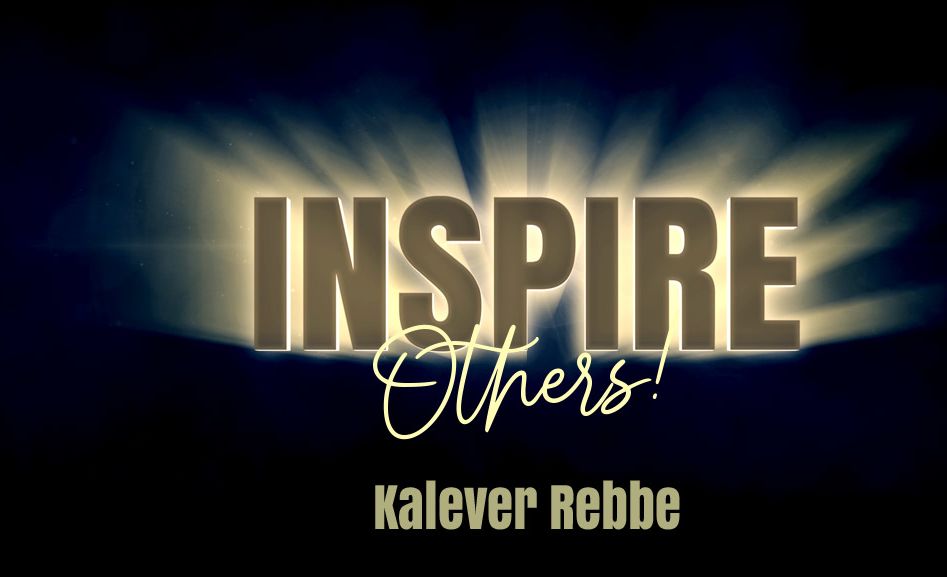
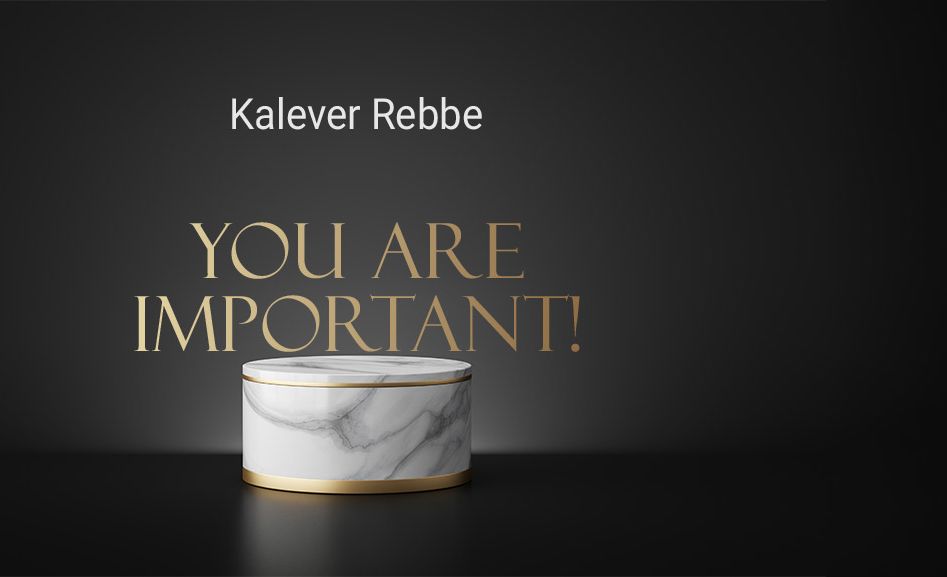
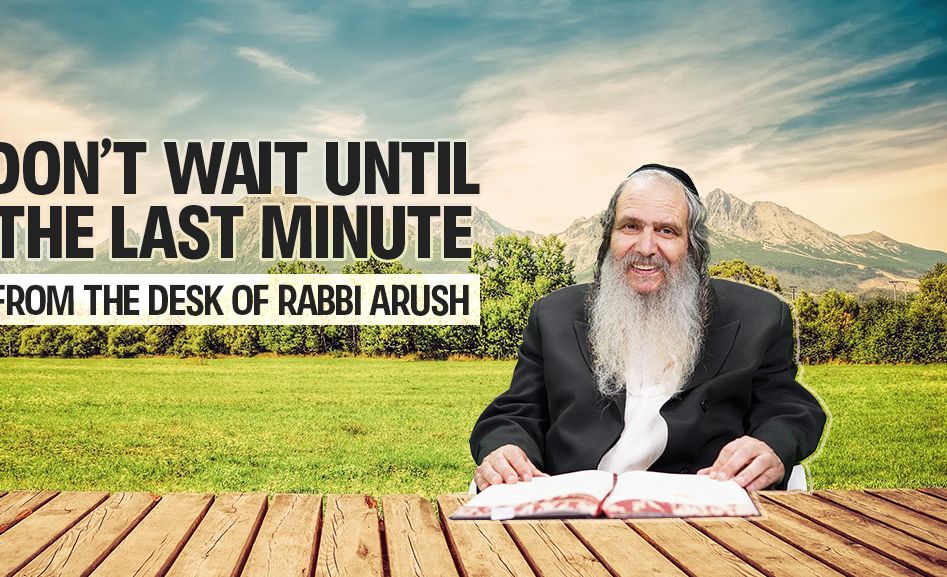
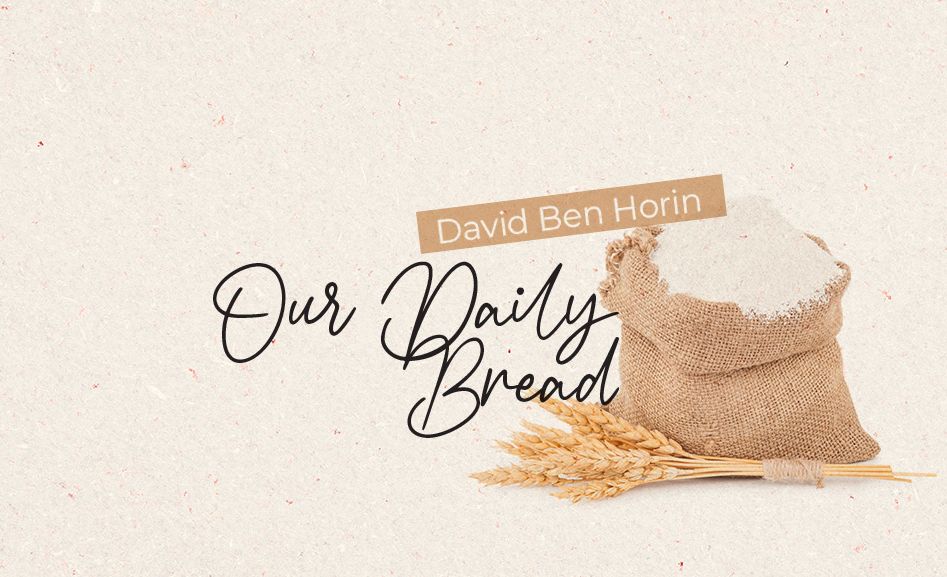

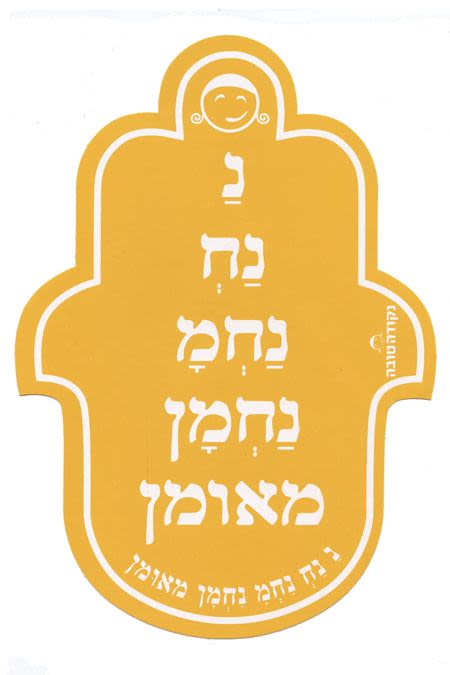
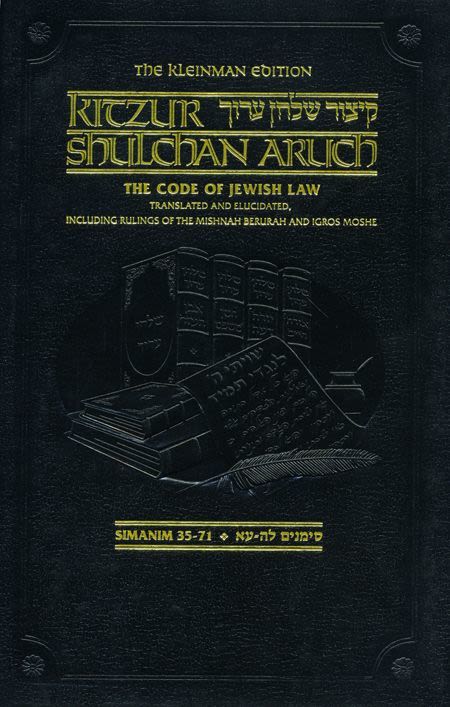
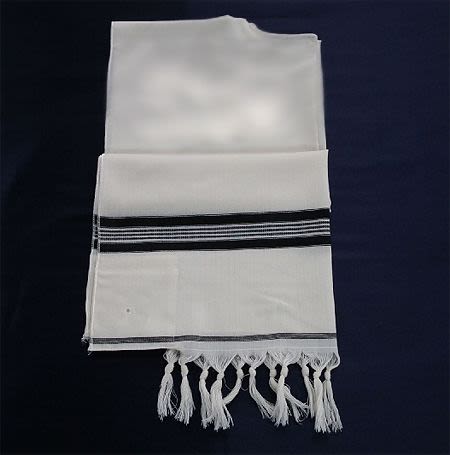
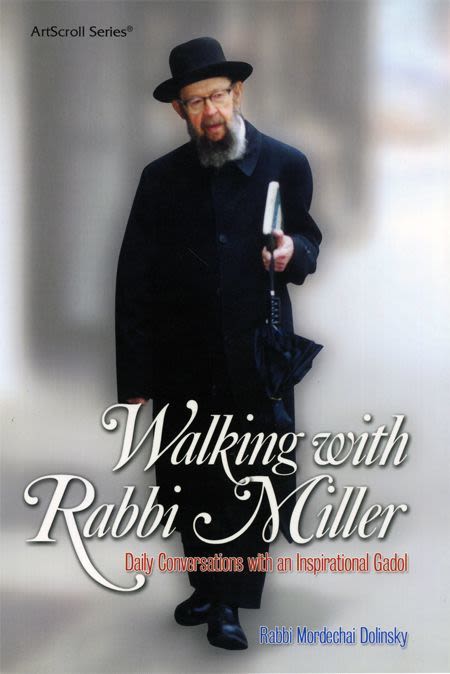
Tell us what you think!
Thank you for your comment!
It will be published after approval by the Editor.